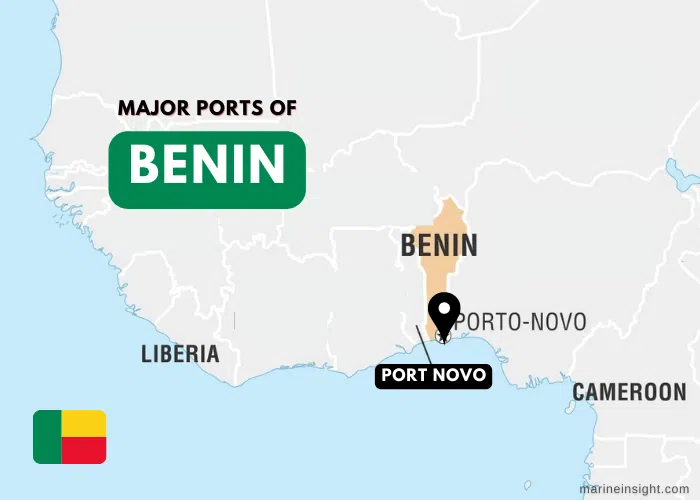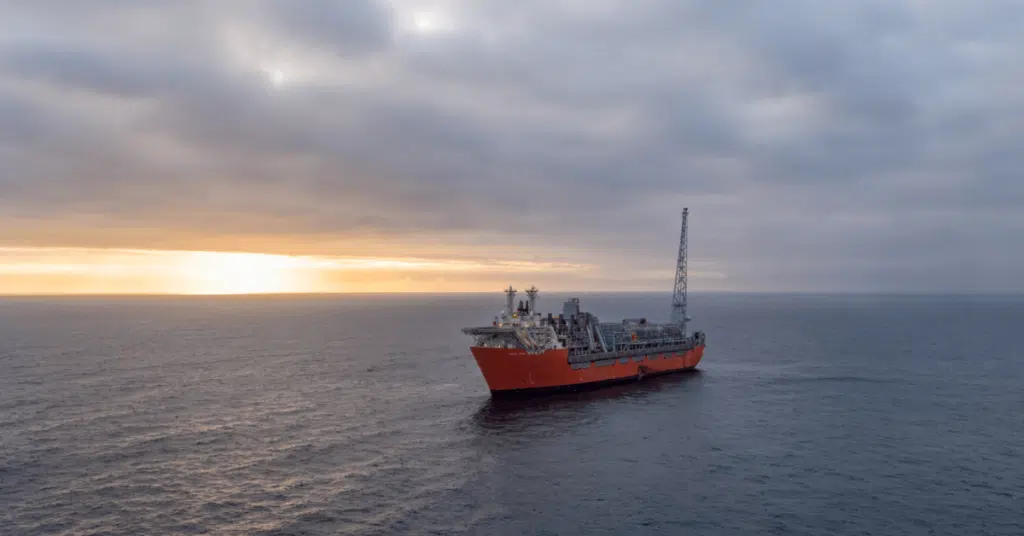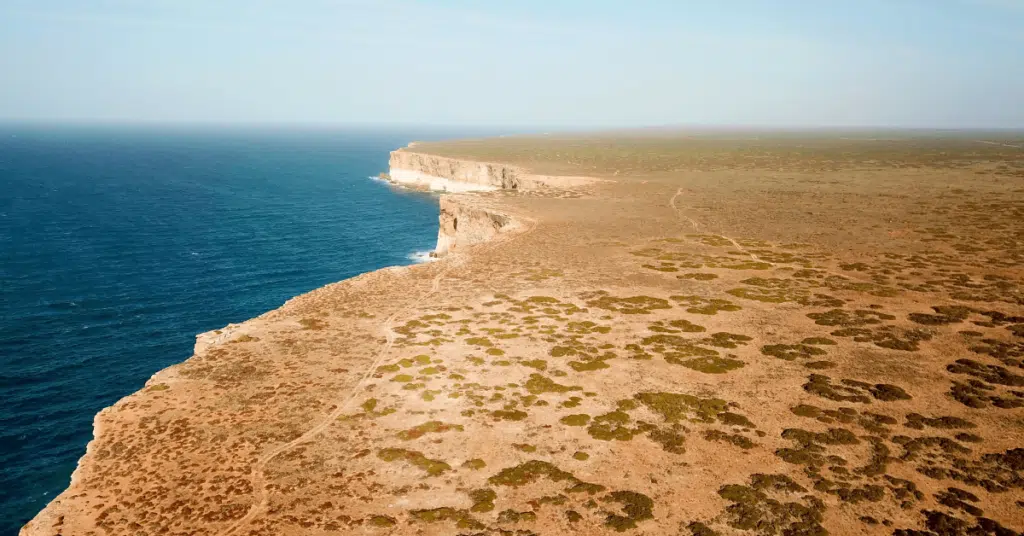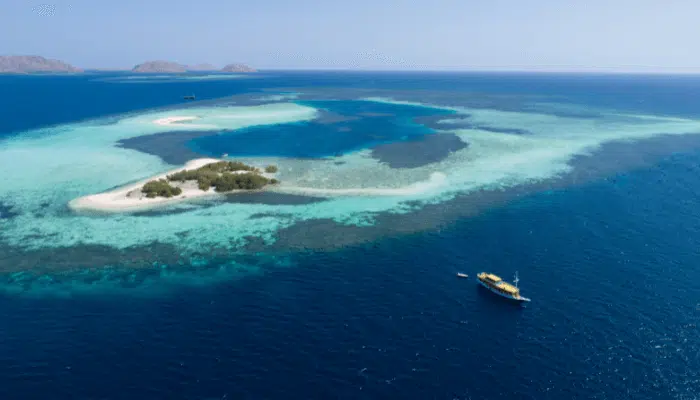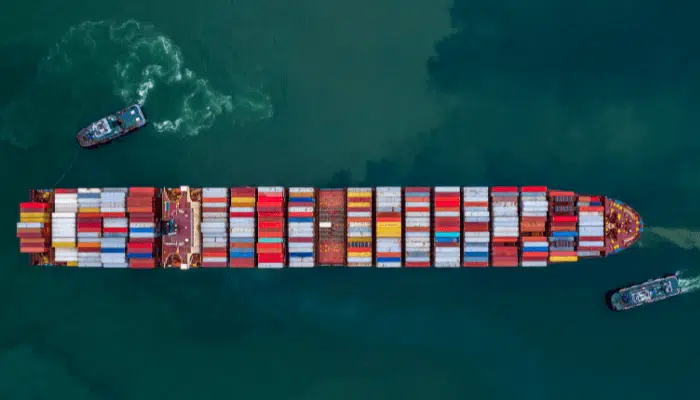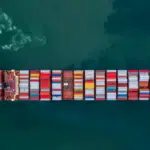4 Major Ports In Benin
The Republic of Benin is a small country in West Africa. It borders Togo, Nigeria, Burkina Faso and Niger. Most of its population resides near the southern coastline of the Bight of Benin, part of the Gulf of Guinea.
Benin does not have a strong economy as it is primarily dependent on agriculture. Mostly subsistence farming is practised here, which is a major generator of employment and income in the country.
Benin is a major exporter of cotton and palm oil. The tropical climate helps in the production of varied crops such as cocoa, maize, pineapple, rice, peanuts and cashews. These are distributed within Africa and also exported to the neighbouring countries. Marine goods are also exported mostly to Europe.
Benin was once a poor nation but in recent years the economy of Benin has seen much progress and its GDP has also risen considerably. This is due to the development of its major seaport- the port of Cotonou, which has witnessed increased investment and infrastructural development.
The Port of Cotonou
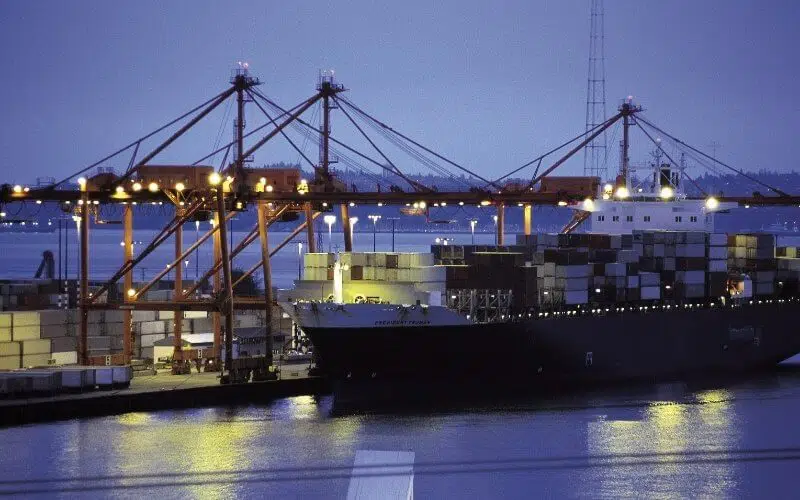
The Cotonou Port is located in the southern part of the city of Cotonou, one of the largest cities in Benin and also the seat of the country’s government. It is also referred to as the economic capital of Benin.
The port of Cotonou exports cargo to its landlocked neighbouring countries like Burkina Faso, Niger, Mali, Chad and Nigeria. The port also has trading agreements with some nations and is also a part of the Economic Community of West African States. This regional integration helps the Cotonou port to grow and also attract foreign investment.
It covers an area of around 400,000m2 and is quite close to the sea. It is also close to other ports in the region such as the Ports of Lagos in Nigeria and Lome in Togo. As it is located on a sandy coast, it is a well-sheltered port that provides perfect conditions for refuelling operations.
The Port is managed and operated by the Cotonou Port Authority, which is owned by the government. The SOBEMAP, a state-owned enterprise has a monopoly over handling and managing manual labour at the port. Other shipping companies like Maersk and Bollore offer container services. At this port, different government and private entities take charge of varied services to enable the smooth functioning of trade and commerce.
The Logistics Capacity Assessment (LCA) undertaken by the World Food Programme has referred to the Cotonou Port as, “the lung of the national economy” of Benin.
Extensive trading relations with North and South America, Asia and Europe, has transformed the port into a major trading hub with intense cargo traffic at all times of the year. According to LCA, Cotonou port ranks fourth in the list of important ports in West Africa.
Statistics show that Cotonou Port handles 90% of the country’s foreign trade and is a major contributor to its GDP, around 60%. Port of Antwerp International has stated that Cotonou port handles 12 million tonnes of freight every year. These figures are enough to gauge the Port’s importance for the economic development of Benin.
The government is increasingly investing in the expansion of the port. The construction of a second-deep terminal is underway. The terminal called ‘Seme Terminal’, which is not yet operational is a link between Cotonou and Nigeria.
Presently, the Port handles a wide variety of cargo including manufactured and processed food, agricultural products, fertilisers, Chinese cloth, second-hand fabrics, used vehicles, electric and household appliances.
However, the trade of second-hand vehicles has tarnished the port’s reputation as these used vehicles and other electronic appliances do not meet the technical standards of developed nations. Cotonou Port also transports to inland regions- huge shipments of rusting trucks and old appliances. These products are cheap but not of good quality and detrimental to the environment.
The port also faces some administrative and managerial issues. Logistics companies have complained that they have to wait for long hours at the port. The Government is trying to restructure the services, modernising the port facilities to meet global port standards, and encouraging a professional code of conduct among its staff.
Nonetheless, Port of Cotonou has come a long way in terms of development. It saw container traffic of around 276,000 TEUs in 2017 and has witnessed continuous growth over the years. This has resulted in port congestion. However, the container handling facility has also improved manifold along with a significant decrease in waiting time for trucks and other cargo.
The Millenium Challenge Corporation has greatly contributed to the improvement in the port’s infrastructure and storage facilities.
The port district is divided into many zones such as-
Zone 1- which extends from the dock to the railings on the southern part
Zone 2- which is amidst the railings and customs fence
Zone 3- which is between the customs fence and boulevard de la Marina and incorporates the Fishing port Zone.
Zone 4- includes some commercial buildings between de la Marina and Boulevard Jean-Paul II.
Zone 5- It is called the Extra Port Zone, situated in AKPAKPA, near the bordering district of Cotonou.
There is also an Extension Zone which is in the western part after the container park. It is within the ambits of the wharf.
The Cotonou port has 5 conventional berths, 150-300 meters long and can handle vessels having around 15-meter draft. It also has 3 container berths, 500 meters in length with a draft capacity of 10 meters. It can handle containers and ro-ro vessels. It also has a 150 m long silo berth, which needs to be rebuilt, along with 3 berthing tugs and 10 water barges.
Berth 5 is the only berth that handles heavy general cargo ships. The vessels come to berth 5 and are then moved to the other berths. There are two private container terminals operated by SMTC, a subsidiary of Bollore and COMAN, owned by Maersk. They have two shore cranes for loading and unloading heavy cargo. Tanker vessels can sail only during the day.
The port boasts of modern and fully operational equipment which includes 4 dockside cranes, 2 container gantries, 4 mobile cranes with a capacity of 140 metric tonnes, 7 reach stackers with a capacity of 45 metric tonnes, 13 ro-ro tug trailers, 11 metric tonne grain elevator and 7 forklifts with a capacity of 4 to 16 metric tonnes.
The port’s storage area spans 91,000m2. The Benin Terminal has two gantries. The port offers services such as container facilities, container freight stations, refrigerated container stations and 56 reefer stations.
Multipurpose Terminal
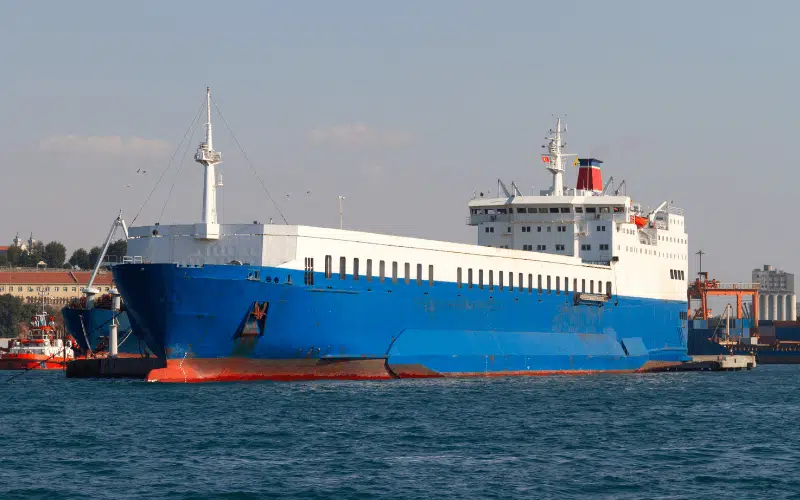
There is a Ro-Ro berth plus a fully mechanized Ro-Ro terminal managed by Roro Terminal, Benin SA. It is spread over 4.5 hectares and can handle around 3000 vehicles.
Handling Grain and Bulk cargo
Pier four and five handle bulk cargo. Pier five is used by private company ORYX/ADDAX. The port also has a grain silo with a capacity of 11,000 metric tonnes. Tanks that store vegetable oil and petroleum, have a capacity of 43,700 m3.
Main Storage Terminal
The main storage facilities are quite huge, with a capacity of 100,000m2, including warehouses, three container terminals spanning 15,000m2, a container park and a fully paved open area spanning 60,000m2. The port also has a fish warehouse, large storage tanks and also silo tanks. The port offers free zone warehouses for Nigeria, Burkina Faso and Mali.
Benin Terminal
Benin Terminal operates the container terminal of the Cotonou Port. Benin Terminal has created many jobs for the locals and also works for their welfare by collaborating with NGO’S. For instance, it helps youth suffering from HIV in their education and also spreads awareness about protecting the environment. In 2020, the Benin terminal got two new gantries that would boost the productivity of the Cotonou port.
The modern and highly mechanised gantries have a 40-tonne lifting capacity. They would improve the container storage capacity at the port, speed up loading and unloading of goods and decrease handling time at the terminal. The gantries, manufactured by Konecranes would enhance the stevedoring capabilities of Benin’s container terminal.
The warehouses near the dock are quite old and need renovation. The cargo which has to go to Benin is first transported to Zongo, where the containers are inspected and then the goods are loaded into trucks for bulk deliveries in the inland areas. In case of transit cargo, which needs to be exported to other nations, a new station has been developed at Allada, 40 km away from Cotonou.
In 2019, the Nigerian Government banned imports over its land borders due to increased smuggling and crime rates. This was a major jolt for Cotonou port as Nigeria was one of its biggest customers. On the other hand, Nigeria’s government is developing its own maritime trade and refurbishing its port facilities. This could be a serious concern for Cotonou as it would face increased competition from Nigerian ports. The Government of Benin has responded to this challenge by implementing a modernization plan in Cotonou port in 2020 to make the port more efficient and safe for its trading partners and to encourage private investment.
Apart from the major port of Cotonou, Benin also has some other ports. Let’s have a look at them.
The SEME Terminal
The Seme terminal is a small port in the Bight of Benin Bay which deals with agricultural products and chemicals. An oil pipeline project is under construction between Benin and Nigeria. Once built, this facility would require services of Seme Terminal to transport petroleum to Nigeria.
The Seme terminal’s anchorage depth is around 24 meters and the depth of its oil terminal is around 19 meters.
Port of Bohicon
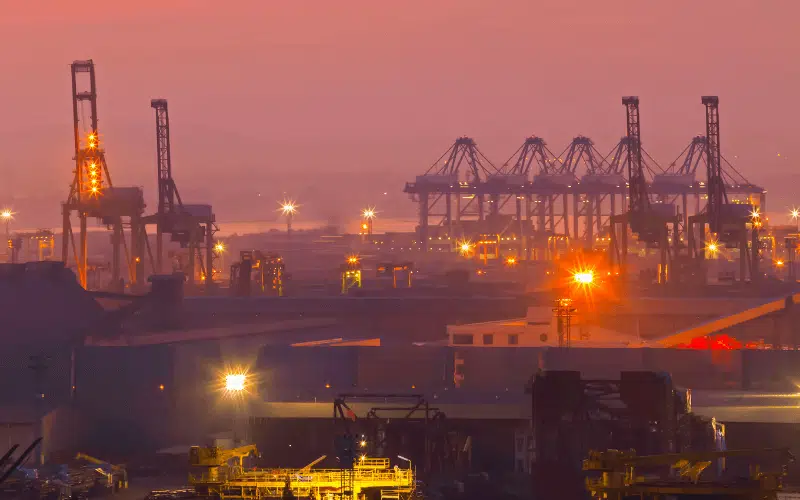
Bohicon is yet another small port in Benin. It is undergoing rapid modernization and expansion to handle heavy water traffic and bulk cargo. Presently, it handles both inbound and outbound cargo. The main cargo it handles is cottonseed.
Port of Glazoue
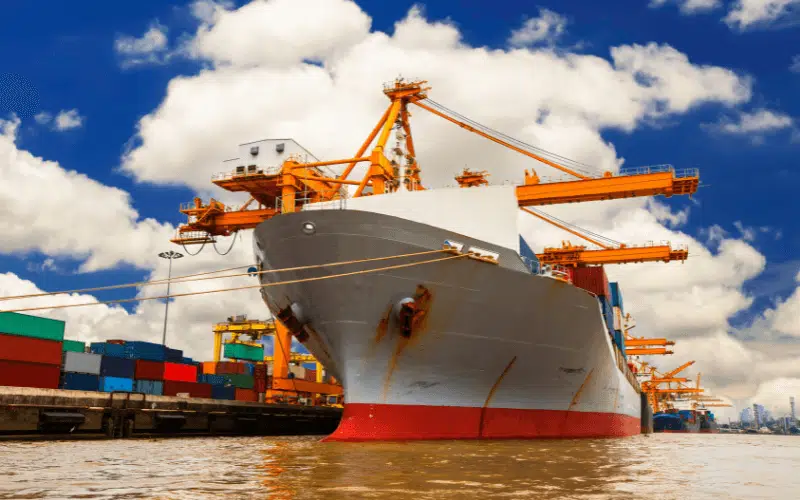
This land port handles a minute portion of Benin’s international trade and deals with mostly agricultural goods.
Porto-Novo
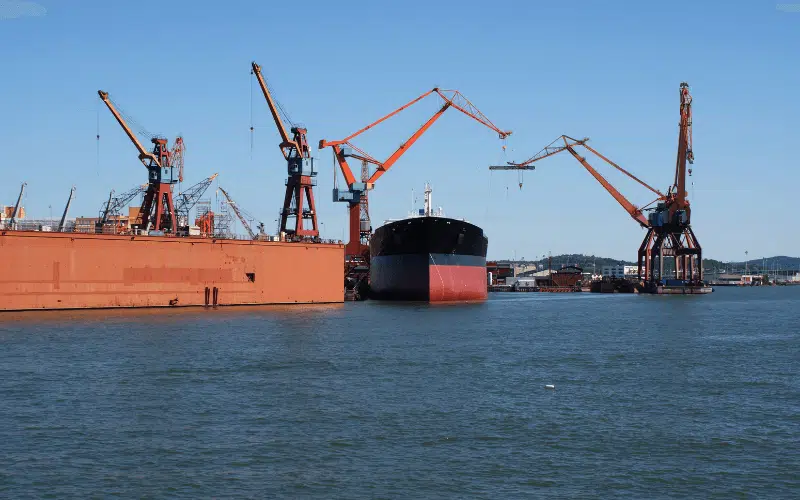
Porto-Novo is Benin’s capital and it has a small port near the Gulf of Guinea. It handles an ample volume of cargo traffic to and from Benin and the neighbouring countries. The port in Porto-Novo handles agricultural products, packed food, medicines and building materials.
Thus, the ports of Benin are an important contributor to the country’s GDP. They are the drivers of economic growth as Benin mainly relies on agriculture. The development of its ports, especially the Cotonou port has led to the modernization and improved infrastructure in Benin.
Hence, for Benin, its ports are of utmost importance for the growth of its economy.
Disclaimer: The authors’ views expressed in this article do not necessarily reflect the views of Marine Insight. Data and charts, if used, in the article have been sourced from available information and have not been authenticated by any statutory authority. The author and Marine Insight do not claim it to be accurate nor accept any responsibility for the same. The views constitute only the opinions and do not constitute any guidelines or recommendations on any course of action to be followed by the reader.
The article or images cannot be reproduced, copied, shared or used in any form without the permission of the author and Marine Insight.
Do you have info to share with us ? Suggest a correction
Latest Maritime Knowledge Articles You Would Like:
Subscribe To Our Newsletters
By subscribing, you agree to our Privacy Policy and may receive occasional deal communications; you can unsubscribe anytime.



